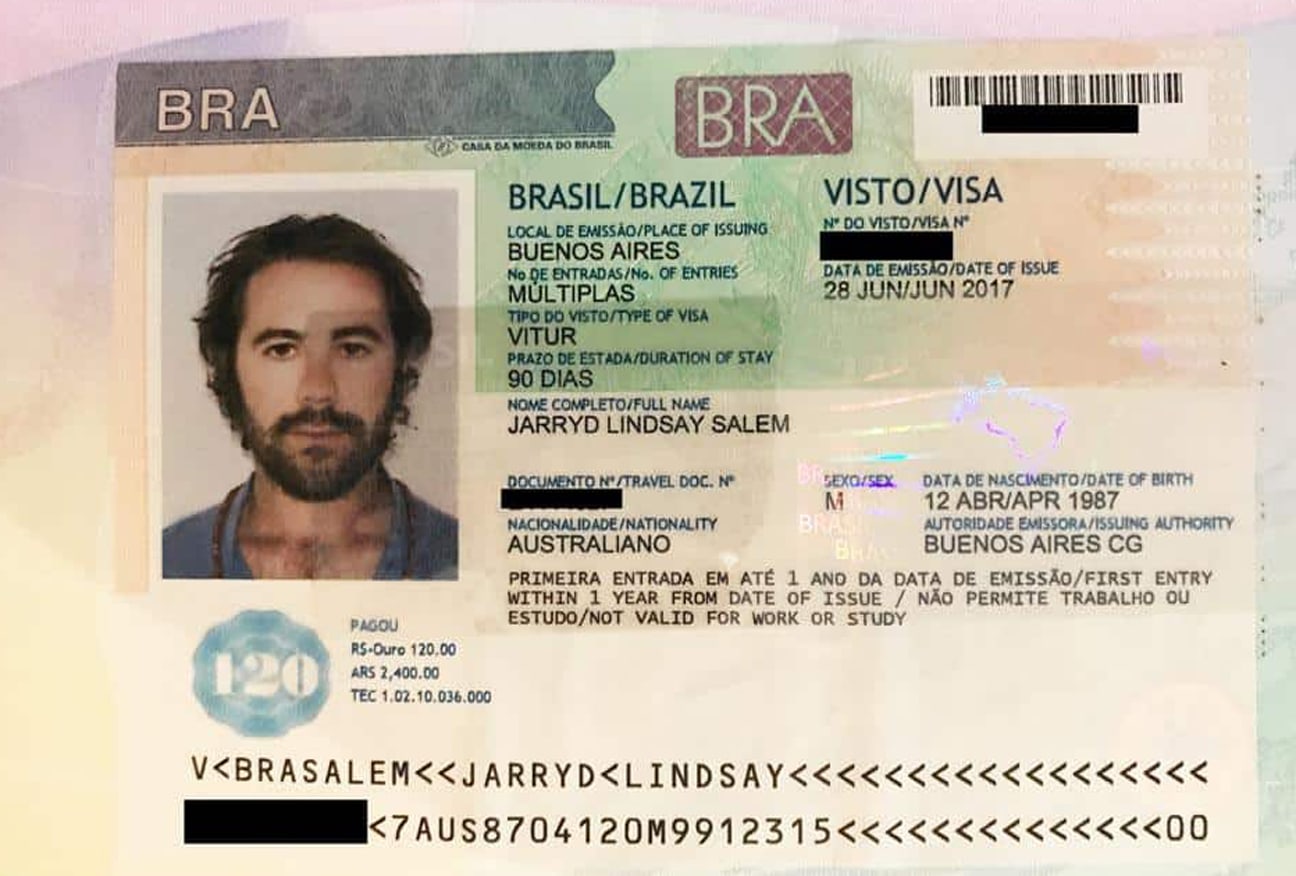The Administration of Luís Inácio Lula da Silva determined on Wednesday (8) the end of visa exemption for citizens of the United States, Canada, Japan, and Australia. According to the Brazilian newspaper Folha de São Paulo, the government has already informed the Brazilian embassies in these four countries about the measure, which has not yet come into force.
Visa exemption for citizens of these four countries was granted by the Government of former President Jair Bolsonaro in 2019, who argued that the decree would stimulate tourism in Brazil. The visa waiver applies to people traveling for tourism, business, transit and artistic or sports activities, for stays of up to 90 days.
However, Bolsonaro’s decision broke with the principle of reciprocity historically adopted by Brazilian diplomacy since the contemplated countries did not offer the same benefits to Brazilian tourists.
Lula’s transition team, as soon as he won the elections, began to review the Decree and consider resuming the visa requirement for the following reasons:
First, the current Administration believes that, without reciprocity, visa exemption weakens Brazil in relation to the contemplated countries.
Second, according to the analysis carried out on the impact of the measure on Brazilian tourism, the visa exemption for these countries did not increase tourism in Brazil.
The Administration compared the year 2019, in which the visa requirement was withdrawn, with the previous year and with 2022, when restrictions due to the coronavirus pandemic had been eliminated.
In the case of the United States, the increase in the number of tourists from 2018 to 2019 was 12%, from 391,000 to 439,000. In 2022, 355,000 Americans visited the country, a number below the pre-pandemic level.
In Japan, there was a decrease of 4% between 2018 and 2019, from 59,000 to 56,000. In 2022, there were 16,800 tourists.
According to Folha de São Paulo, the Brazilian Ministry of Foreign Affairs is already communicating the representations of these four countries that their citizens will face the same rules determined for Brazilians. But, before these new rules take effect, the Brazilian government is giving embassies a few weeks to reorganize.



